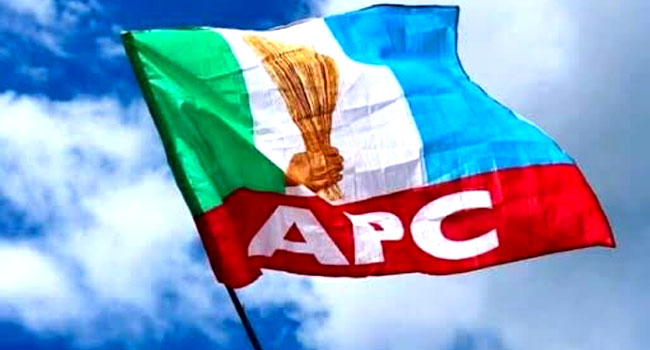The All Progressives Congress (APC) has announced the postponement of the inauguration of its National Campaign Council for the Anambra State governorship election slated for November 8, 2025. This decision, conveyed through a statement by the party’s National Publicity Secretary, Felix Morka, shifts the event originally scheduled for September 11, 2025, at the party’s national secretariat in Abuja to a later date yet to be determined. The postponement comes amidst intensified preparations by various political parties vying for control of the Anambra governorship seat, setting the stage for what is predicted to be a fiercely contested election. The APC, while expressing regret for any inconvenience caused by the postponement, reaffirmed its commitment to a robust campaign and a strong performance in the upcoming election.
The Anambra governorship race holds significant weight for the APC, representing a key opportunity to strengthen its foothold in the South-East region, a traditionally challenging landscape for the party. Anambra’s political terrain has long been dominated by the All Progressives Grand Alliance (APGA), which has held the governorship since 2006. Previous attempts by the APC and the Peoples Democratic Party (PDP) to dislodge APGA have met with limited success, highlighting the entrenched nature of APGA’s influence and the complexities of political dynamics in the state. The upcoming election, therefore, becomes a crucial test for the APC, a chance to demonstrate its ability to navigate these complexities and expand its political reach in the region.
The APC’s performance in the 2021 Anambra governorship election underscored the challenges the party faces in the South-East. Its candidate, Senator Andy Uba, trailed significantly behind APGA’s Charles Soludo, the eventual winner, and Valentine Ozigbo of the PDP. This outcome reflected the broader struggle of the APC to garner widespread support in the region, a pattern that the party aims to reverse in the forthcoming election. The postponement of the campaign council inauguration allows the APC additional time to strategize, refine its approach, and solidify its support base in preparation for the November contest.
The delay in inaugurating the campaign council provides the APC with a window to address internal dynamics and fine-tune its campaign strategy. The selection and composition of the council are crucial elements, requiring careful consideration to ensure effective leadership and representation of various interests within the party. The postponement allows for a more deliberate and strategic approach to these crucial decisions, enabling the party to assemble a campaign team best equipped to navigate the political landscape and maximize its chances of success. This period also provides an opportunity for the APC to further analyze the political terrain, assess the strengths and weaknesses of its opponents, and adapt its campaign messaging accordingly.
The Anambra governorship election is shaping up to be a highly competitive race, with major political parties, including the APC, APGA, PDP, and the Labour Party, all vying for victory. Each party brings its own strengths and weaknesses to the contest, adding to the complexity and unpredictability of the election outcome. The APC, with its status as the ruling party at the federal level, possesses certain advantages, including access to resources and the potential to leverage federal influence. However, it also faces the challenge of overcoming the deep-seated support for APGA in the state and the historical difficulty it has experienced in gaining traction in the South-East.
The upcoming election is not merely about winning the governorship; it carries broader implications for the political landscape of the South-East. A strong performance by the APC could signal a shift in the regional political dynamics, potentially paving the way for increased influence and representation for the party in the future. Conversely, another setback in Anambra could further solidify the perception of the South-East as a region resistant to the APC’s advances, potentially hindering the party’s long-term strategic goals in the area. The November election, therefore, holds significant symbolic value beyond the immediate contest for the governorship, shaping the narrative of political power and influence in the South-East for years to come.


